When we first fall in love, it can feel like nothing in the world can compare to the euphoric rush of emotions we experience.
We want to spend every waking moment with our partners, shower them with affection, and bask in the glow of their adoration. But what happens when the Oliver Twist effect sets in? Is it love or Oliver Twist effect?
What happens when that desire for more starts to overshadow the love you feel for your partner? What happens when you become so focused on what you don’t have that you forget to appreciate what you do have?
This is where the Oliver Twist effect comes into play – a phenomenon where the desire for more can lead to a sense of dissatisfaction and longing in your romantic relationships.
In this article, we’ll explore the signs of the Oliver Twist effect in a relationship and how it can impact both you and your partner. Whether you’re in a long-term relationship or just starting out, understanding the dynamics can help you create a happier and more fulfilling relationship with each other.
Related: 10 Signs You Are In a Fantasy Relationship and Not A Real One
What Is Oliver Twist Effect?
The Oliver Twist effect is named after the eponymous character in Charles Dickens’ story of Oliver Twist, who famously asks for more food despite already receiving a meager serving.
The term has since been used to describe a similar phenomenon in which someone desires more of something that they already have, even if it is enough to satisfy them.
This phenomenon can manifest in many areas of life, such as material possessions, wealth, or status. For example, a person may have a high-paying job, but still feel unfulfilled because they crave more money and status.
Similarly, someone may own many expensive items but still feel a sense of lacking because they want more.
The Oliver Twist effect in a relationship can often manifest as a craving for more attention, affection, or validation from a partner. This can be particularly true in new relationships, where the desire for closeness and intimacy can be overwhelming.
However, it can also be detrimental to relationships. When one partner constantly craves more attention or affection, it can put pressure on the other partner and lead to resentment. Moreover, it can be a sign of deeper issues, such as insecurity or a fear of abandonment.
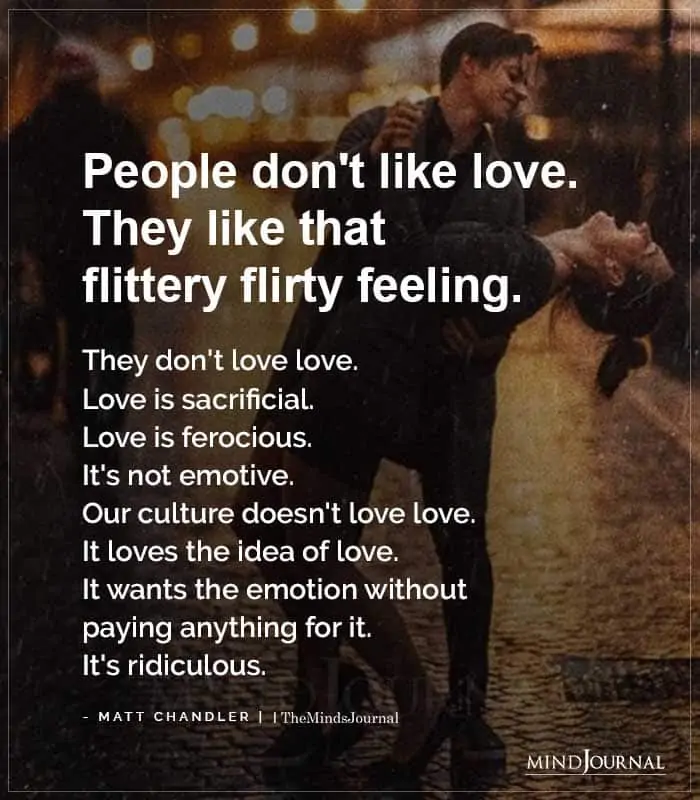
What Is Love?
Love, on the other hand, is a complex emotion that can be difficult to define. At its core, love is a feeling of warmth, compassion, and attachment towards someone else. Love can manifest in many ways, such as romantic love, familial love, or platonic love.
Romantic love, in particular, can be intense and all-consuming. When you fall in love, you experience a rush of emotions, such as excitement, joy, and nervousness. You feel a deep connection with your partner and a desire to be close to them.
However, romantic love is not always easy. Love can be messy and complicated, and relationships can be challenging. Moreover, love is not a static emotion – it can change and evolve over time. As a relationship progresses, the initial rush of emotions may fade, but the feelings of attachment and intimacy may grow deeper.
So, are you really in love? Or is it something else?
Love Or Oliver Twist Effect? 6 Signs It’s Not Love But The Latter
1. Constant craving for more attention or affection from your partner.
It can be difficult to recognize at first, but a key sign is constantly wanting more from your partner, even when they’re already giving you plenty. This can manifest in different ways such as constantly seeking attention, feeling dissatisfied even when your needs are being met, and comparing your relationship to others.
It’s important to remember that the Oliver Twist effect doesn’t necessarily mean that you don’t love your partner. It simply means that you are craving more and that your desire for more can sometimes overshadow your appreciation for what you already have.
If you recognize this pattern in your relationship, communication is key. Talk to your partner about your needs and desires, and work together to find a balance between your desire for more and your appreciation for what you already have.
Related: Fantasy Bond: Loving The Person You Hope They’ll Become
2. Feeling dissatisfied even when your needs are being met.
The Oliver Twist effect can make you feel a sense of dissatisfaction and longing which can manifest in different forms such as constantly wanting more from your partner, comparing your relationship to others, and feeling dissatisfied even when your needs are being met.
What’s interesting about this is that it can happen even when your partner is giving you plenty of attention and affection. This can be confusing and frustrating, as you may feel guilty for wanting more when your partner is already doing so much.
However, it’s important to remember that the Oliver Twist effect is a natural part of human psychology. There’s no point beating yourself up constantly over this. One of the best ways of dealing with the Oliver Twist effect is by openly communicating with your partner.
3. Fear of missing out or fear of being alone.
Toxic relationships tend to have this aspect, unfortunately.
If you find yourself constantly worrying about missing out on something better or being alone, it may indicate that you’re not entirely satisfied with your current relationship.
It’s important to understand that these feelings are natural, and it doesn’t necessarily mean that you don’t love your partner. However, constantly worrying about missing out on something better can create a sense of dissatisfaction and prevent you from fully enjoying your current relationship.
If you recognize this pattern in yourself, it’s crucial to communicate openly with your partner. Talk about your fears and work together to find ways to strengthen your relationship. It’s essential to focus on the present moment and appreciate what you have while also setting goals for the future.
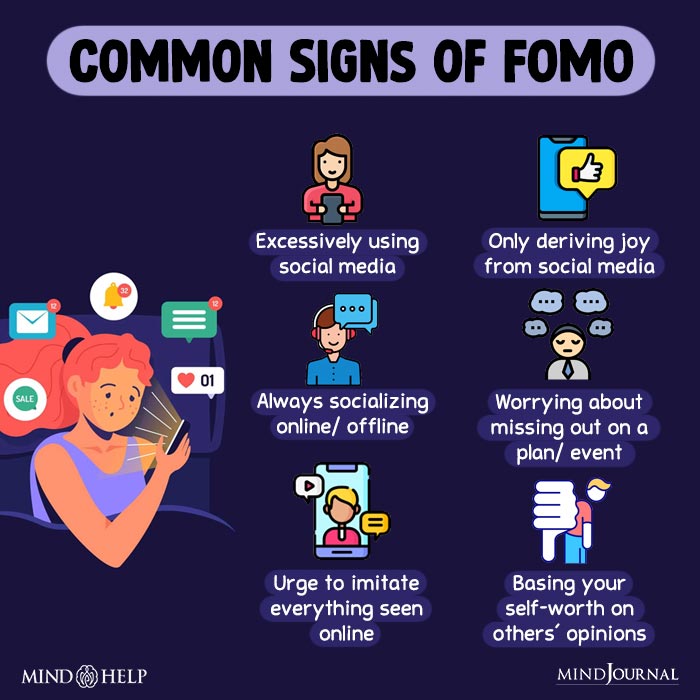
4. Comparing your relationship to others.
If you are wondering if it is love or Oliver Twist effect, then look out for this sign.
Comparing your relationship to others and feeling jealous or envious of what they have can be a sign of the Oliver Twist effect in your relationship. This desire for more can lead to friction between you and your partner, and it can lead to both of you feeling unhappy with each other.
One of the best ways to overcome Oliver Twist effect is to be grateful for what you have. It’s important to understand that every relationship is unique, and comparing yours to others isn’t fair or productive. Instead, focus on your own relationship and learn to appreciate each other.
Remember, it’s natural to want more in a relationship, but it’s also important to appreciate what you have. By addressing this issue in your relationship, you can overcome feelings of jealousy and envy and enjoy a more fulfilling and satisfying partnership with your loved one.
5. Becoming clingy or needy.
Feeling a desire for more attention or affection from your partner is normal, but when it reaches a point of being overly clingy or needy, it can put a strain on the relationship. Your partner may love you a lot, but that doesn’t mean they will leave everything and always be with you.
They will obviously have their own life and hobbies and interests. If you constantly monopolize them and their time, they will quickly get annoyed and tired of it.
It’s important to communicate your feelings to your partner in a calm and respectful way and work together to find a healthy balance of give and take.
It’s also essential to take responsibility for your own happiness and not rely solely on your partner to fulfill all your emotional needs. Practice self-care and pursue your own interests and hobbies to maintain a sense of independence and fulfillment.
Related: How To Not Be Clingy In A Relationship: 5 Tips To Manage Neediness
6. Focusing on external factors.
If you keep on focusing on external factors such as status, wealth, or material possessions, to feel truly happy in your relationship, then you will never actually be happy.
This sort of thinking can put a strain on your relationship as you become increasingly dissatisfied and may seek more fulfillment outside of the relationship.
It’s important to recognize the difference between what you want and what you need in a relationship. While external factors may add some value, they cannot replace emotional connection, trust, and mutual respect.
Developing a strong sense of self-worth and learning to appreciate what you have rather than focusing on what you lack can help shift your focus from external factors to the qualities that truly matter in a relationship.
By cultivating a deeper connection with your partner, you’ll find that the external factors become less important, and your relationship becomes more fulfilling and meaningful.
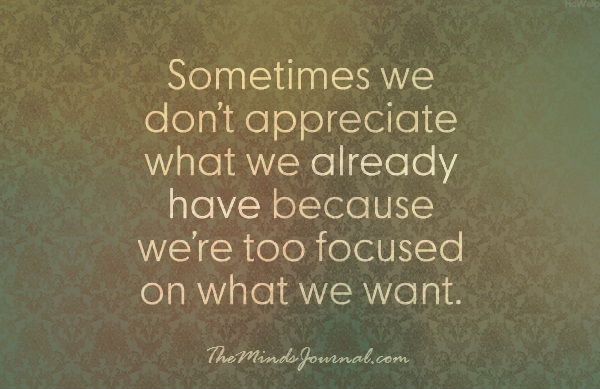
Conclusion
It is important to note that the Oliver Twist effect in a relationship is not necessarily a bad thing. It is natural to want more from a relationship, and it can be healthy to communicate those desires with a partner.
However, it is important to recognize when it is causing dissatisfaction or resentment in a relationship and to work through those issues together.
A strong foundation of love in a relationship can help to counteract the negative effects of the Oliver Twist effect. When both of you feel a deep connection and attachment to each other, you are more likely to be satisfied with what you have and less likely to crave more.
Related: Why Long Lasting Relationships Require Healthy Relationship Expectations
Ultimately, the key to a healthy and fulfilling relationship is balance. It is important to strive for a balance between the desire for more and the appreciation for what we already have.
By cultivating feelings of love and gratitude towards your partner, you can find fulfillment and happiness in your relationship, even in the face of the Oliver Twist effect.
So, for you, is it love or Oliver Twist effect? Let us know your thoughts in the comments down below!
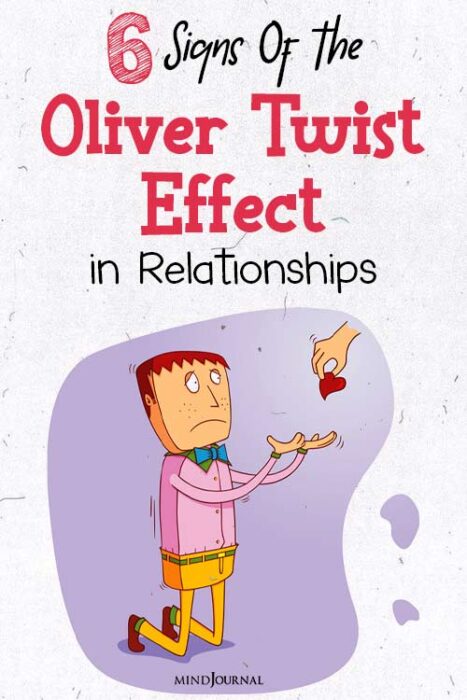
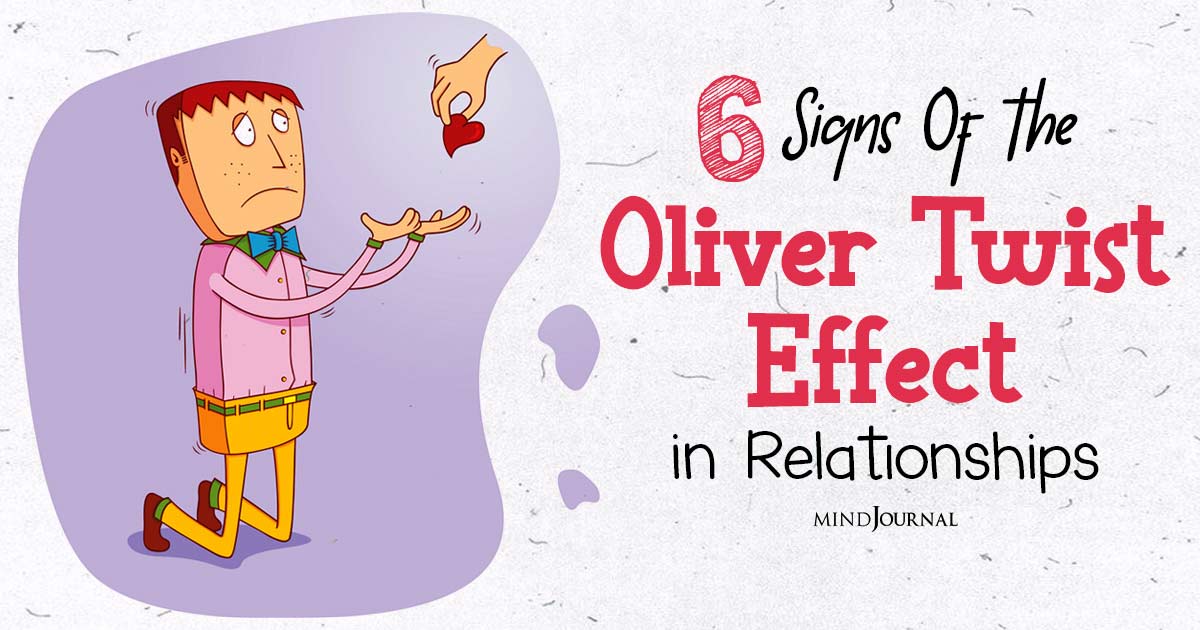





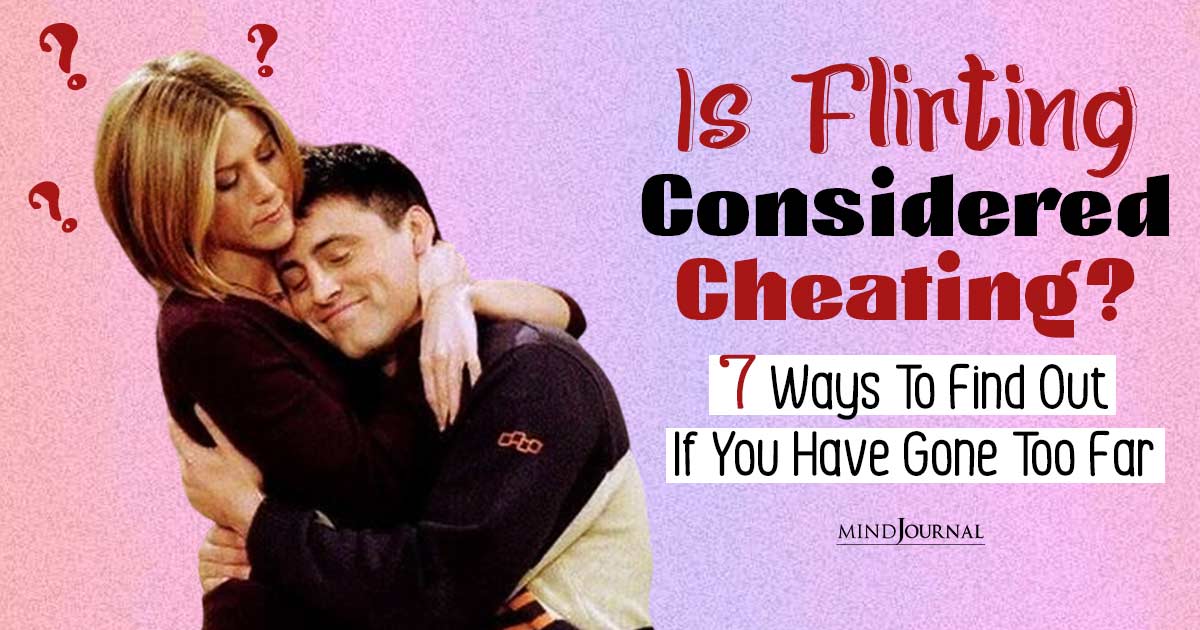
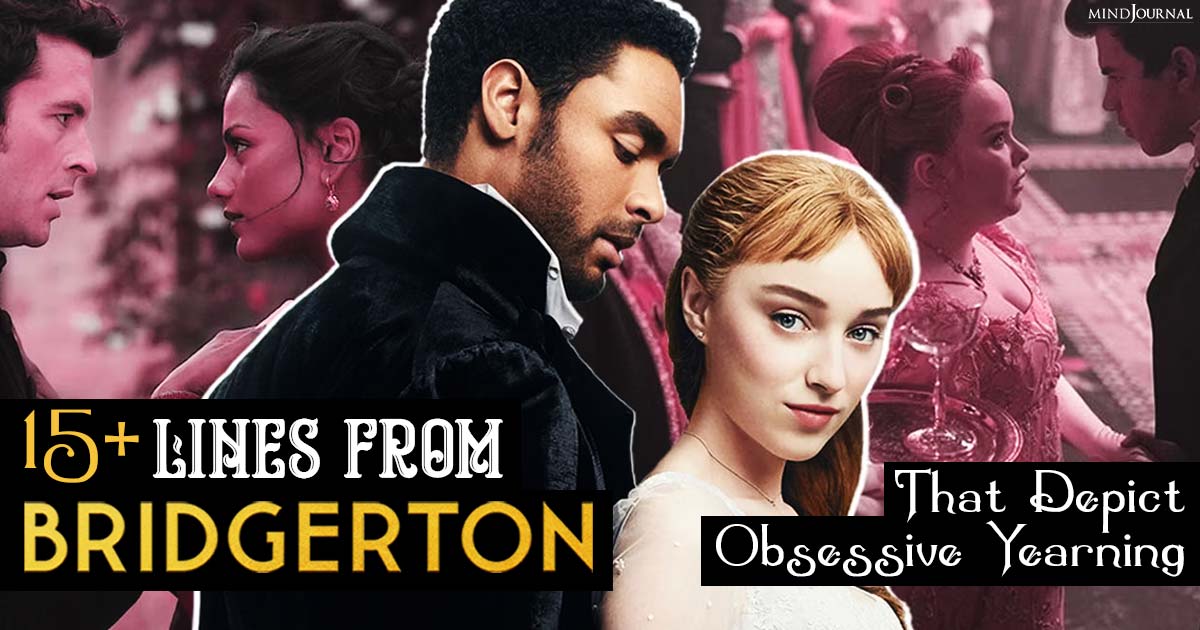
Leave a Reply
You must be logged in to post a comment.